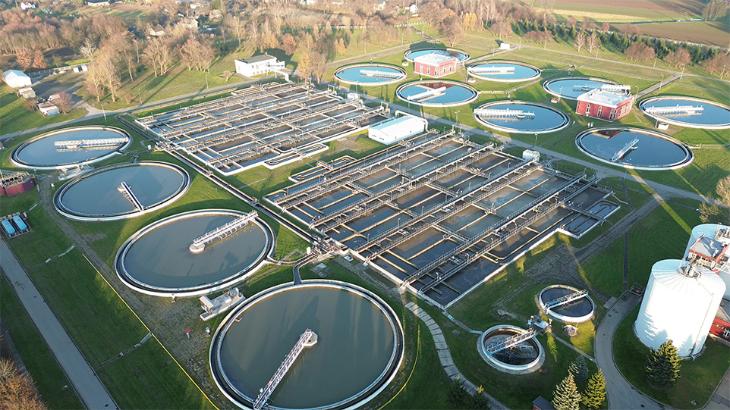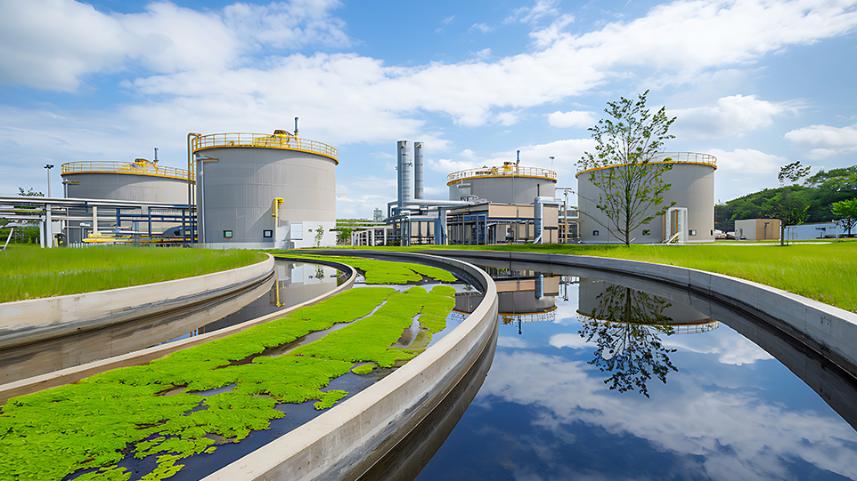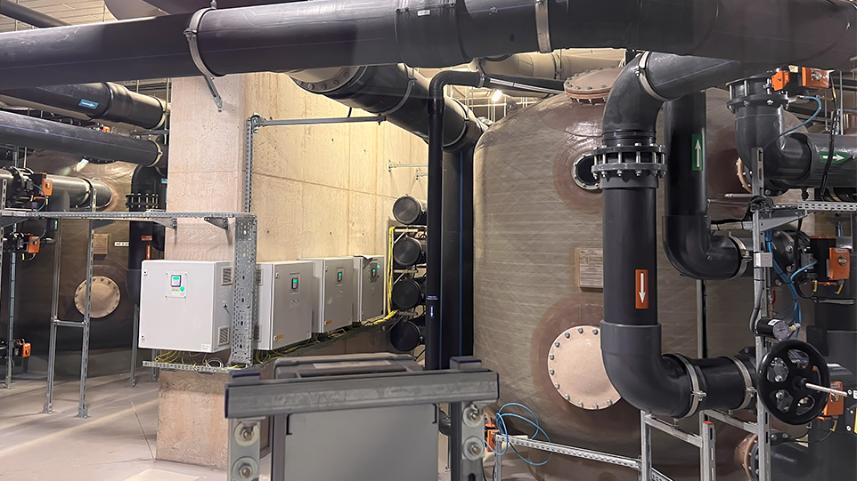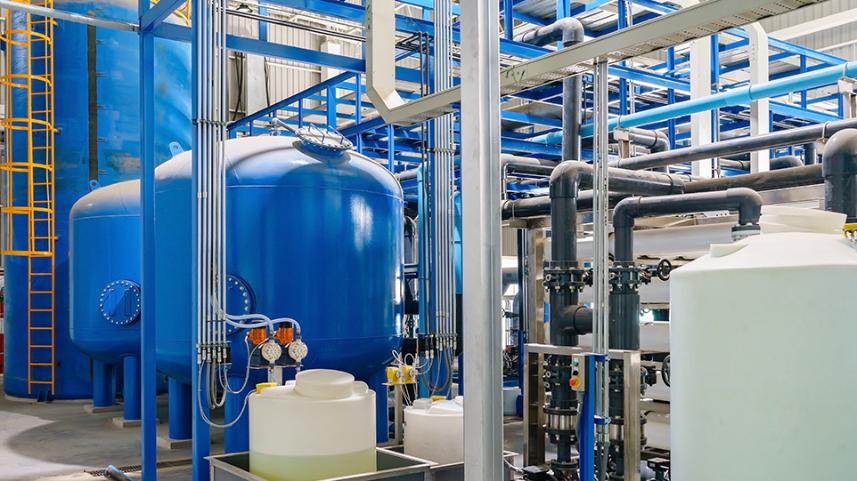Modern wastewater treatment plants involve various temperature-sensitive processes—from sludge digestion to chemical dosing and HVAC regulation. Unstable temperatures can severely impact reaction rates, biological activity, and energy efficiency. As regulations tighten and smart water infrastructure expands, the need for precise, reliable temperature control becomes critical.
BrainChild’s PID temperature controllers deliver robust, programmable control for heating and thermal regulation in multiple stages of the wastewater treatment process. These controllers offer high stability, multi-stage control, alarm outputs, and communication capabilities (e.g., Modbus RTU/TCP), ideal for integration into plant-wide automation systems.。 Application Scenarios by Treatment Stage:

Sludge Treatment –
Digestion Tank Heating
Maintain optimal microbial activity through temperature regulation.
- Precisely regulate digestion tank temperature (typically 35–38°C)
- Support ON/OFF, PID, or ramp/soak control modes
- Prevent thermal shock that reduces digestion efficiency
- Integrate with sensors and heating elements (e.g., electric or hot water)

Facility Heating Systems (Boilers / Heat Exchangers)
Provide stable thermal output for process or building operations.
- Regulate hot water or steam outlet temperature
- Minimize overshoot and temperature fluctuation
- Enhance energy use monitoring when combined with paperless recorders

Chemical Dosing (e.g., Phosphorus Removal, pH Neutralization)
Optimize chemical reactions sensitive to temperature.
- Control temperature of chemical tanks to ensure consistent reactivity
- Support relay or analog output for dosing pumps or heaters
- Enable process stability in seasonal temperature fluctuations
